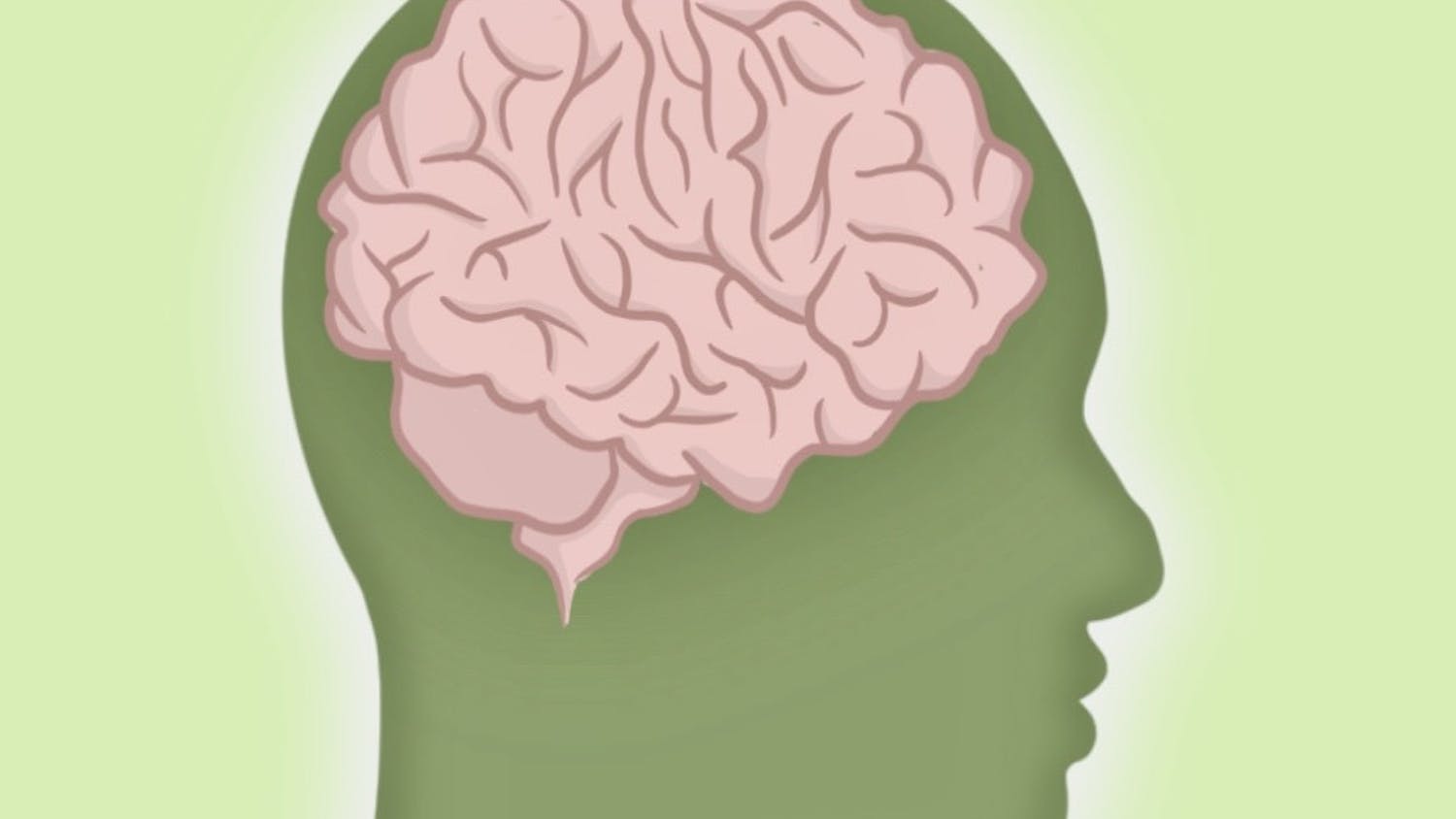Two UF researchers have discovered why environmentally safe termite control has never been effective.
“They can get antibiotics out of their own poop,” Thomas Chouvenc, postdoctoral advocate at the Fort Lauderdale Research and Education Center at UF, said.
Chouvenc and Nan-Yao Su, professor of entomology at the center, have discovered why no one has come close to developing an environmentally friendly control technique for pesky subterranean termites in 50 years.
The two researchers discovered that termites are incredibly resistant to disease because they use their own poop to build their nests.
Research is focused on understanding why termites can survive infection and why when introduced to a colony, it doesn’t spread, Chouvenc said. Because termites live in the soil, waste has to remain in the nest system. Termites need a lot of wood to feed an entire colony, so they produce a lot of clean, liquid, powder-like feces that promotes the growth of beneficial microbes.
The researchers focused on one strain of bacteria found in five termite colonies, Chouvenc said.
When they put a fungus known to cause disease into an environment that simulates a termite nest, the fungus bested the termites. Adding Streptomyces bacterium kept the termites safe.
Part of the money that funded the project came from royalty money raised by Sentricon, an invention created by Su, and a feed fund through which UF provides money for new research. Sentricon is a termite-trap bait system.
However, the new discovery by Su and Chouvenc won’t lead to new developments in biological pest control just yet, Chouvenc said. Now that researchers know why termites survive the disease, they can start looking into the weaknesses of the termites to try to bypass their defenses.
But Chouvenc said by looking into the some of the beneficial bacteria, they might find a new type of bacteria that contains new antibiotics they can use for good.
Now that they know termites are using one microorganism to produce a chemical that keeps fungi from coming in, they may be able to discover which bacteria is producing each chemical, which will help them fight diseases, Su said.
“We are desperate right now to find new antibiotics to fight human disease,” he said. “Maybe some of those chemicals the termites are using can also be used for human antibiotic.”





